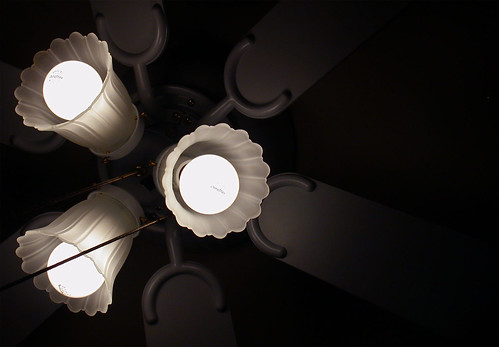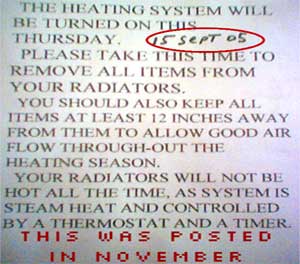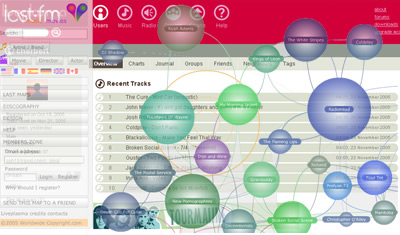Now Playing: Frou Frou - Let Go
Topic: Web 2.0
 Finally, a follow-up to last week's post on the future of the MSM.
Finally, a follow-up to last week's post on the future of the MSM.I finally sent feedback and comments to WAMC's The Media Project, a great radio show that examines the mainstream media (MSM). Stumbled upon the show driving back from a Nantucket wedding two years ago and have been a faithful internet listener ever since. Never having written them before, I was pleasantly surprised to hear back from Alan Chartock, the professor and head of WAMC.
The Media Project always has a discussion on the current state of the MSM, including the newspaper industry, which has been losing readers and struggling financially for the last 5-7 years, conservatively. A lot of that comes from the rise of the internet and the ability to filter what you want to receive as your news. It's the long-touted rip, mix, burn culture coming to fruition, especially since RSS feeds and news readers are starting to become so popular. What does all of this mean for the newspaper industry, which has traditionally been a physical good requiring substantial production and distribution costs (covered by an advertiser-dependent revenue model)?
The internet severally reduces the costs of production and distribution but a newspaper (besides its online edition) has always been viewed as a single, discreet commodity that derives its full value from the whole of the content, not from its disparate pieces. Fred Wilson has suggested (as have others) that the future of media involves these four criteria:

* I added remixing to my email to Alan, Lydia, and Rex.
Rex liked the perspective but had a great counterpoint which deserves attention: while microchunks and remixing may work for electronic content, what about the publicly-traded companies that demand shareholder returns while the idea of microchunks dictates that web information remain free? Newspapers' revenue streams are circulation and advertising (the former pays for the newsroom) and a paper can't sustain a big staff and strong reporting (which creates the valuable content) without the circulation revenue.
It seems like a catch-22: how do newspapers maintain the creation of valuable content while trying to embrace the trends of New Media that dictate freeing (microchunking and remixing) that very content that makes a newspaper valuable (great reporters and strong reporting)?
Rex has undoubtedly been, and will continue, grappling with this formidable challenge. I'm not sure that I have a great answer but let's try: Smart Aggregators. Wait just a sec before you say, oh here we go, more Web2.0 mumbo jumbo. The economic or business concept of an aggregator has been well established, and not just within the pre- and post-Dot Com Eras. Following the microchink concept, Umair at Bubblegeneration discusses the idea of a smart aggregator in his mediaeconomics presentations (PPT file):
Can newspaper act as smart aggregators more efficiently than web-based tools? When it comes to local and regional news, they probably stand a chance. But ask the NY Times how it approaches the power or reach of Google News or other news aggregators for national or world news and the papers may have a different answer.

Are newspapers valuable because of the content that they amass, consolidate, and distribute (exchange) or from the news reporting and news stories that they create? Certainly, it's the former but I agree w/ Rex that newspapers' value comes from strong reporting and good journalists (content creators). Is the Huffington Post, which was chided at its inception but has become quite popular and seemingly successful since starting in May, a quasi-newspaper or just an aggregator, adding value by bringing together different authors onto a common space where their combined voices are stronger than if they stood alone on their sites/blogs?
Food for thought-but I'm tired now, so post some comments if you have answer to the newspaper's catch-22 when it comes to microchunking and remixing.
Just so you thought I wasn't being too serious, thanks to Mike for telling about the hilarious Secular Central clip from the Daily Show. I can hear Alan saying it now, "Bill O'Reilly, him I do not like."
Posted by cph19
at 12:43 AM EST
Updated: Friday, 9 December 2005 1:07 AM EST


 I promise, a follow-up to
I promise, a follow-up to 















